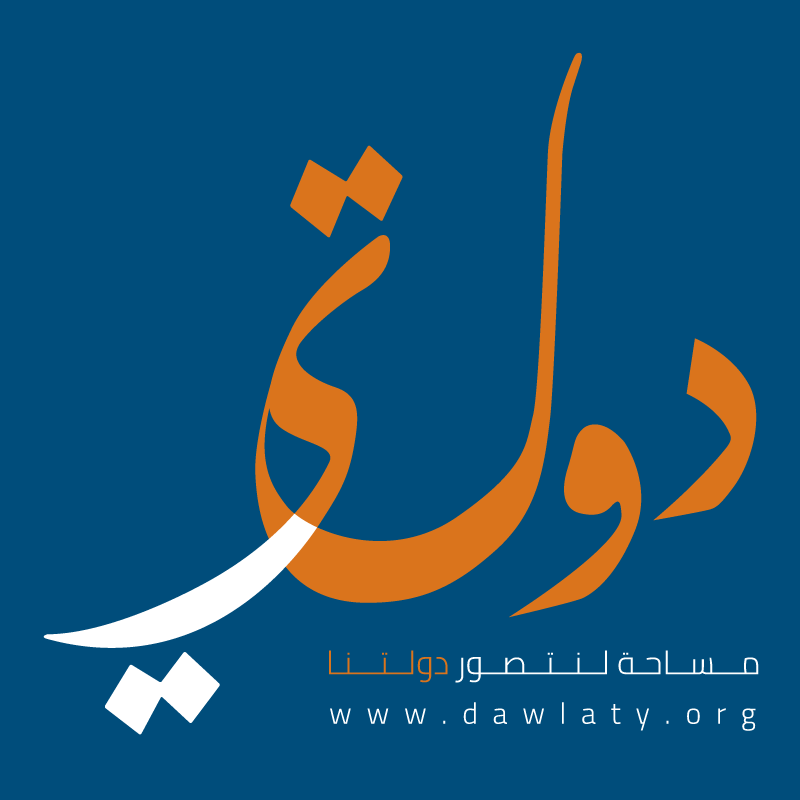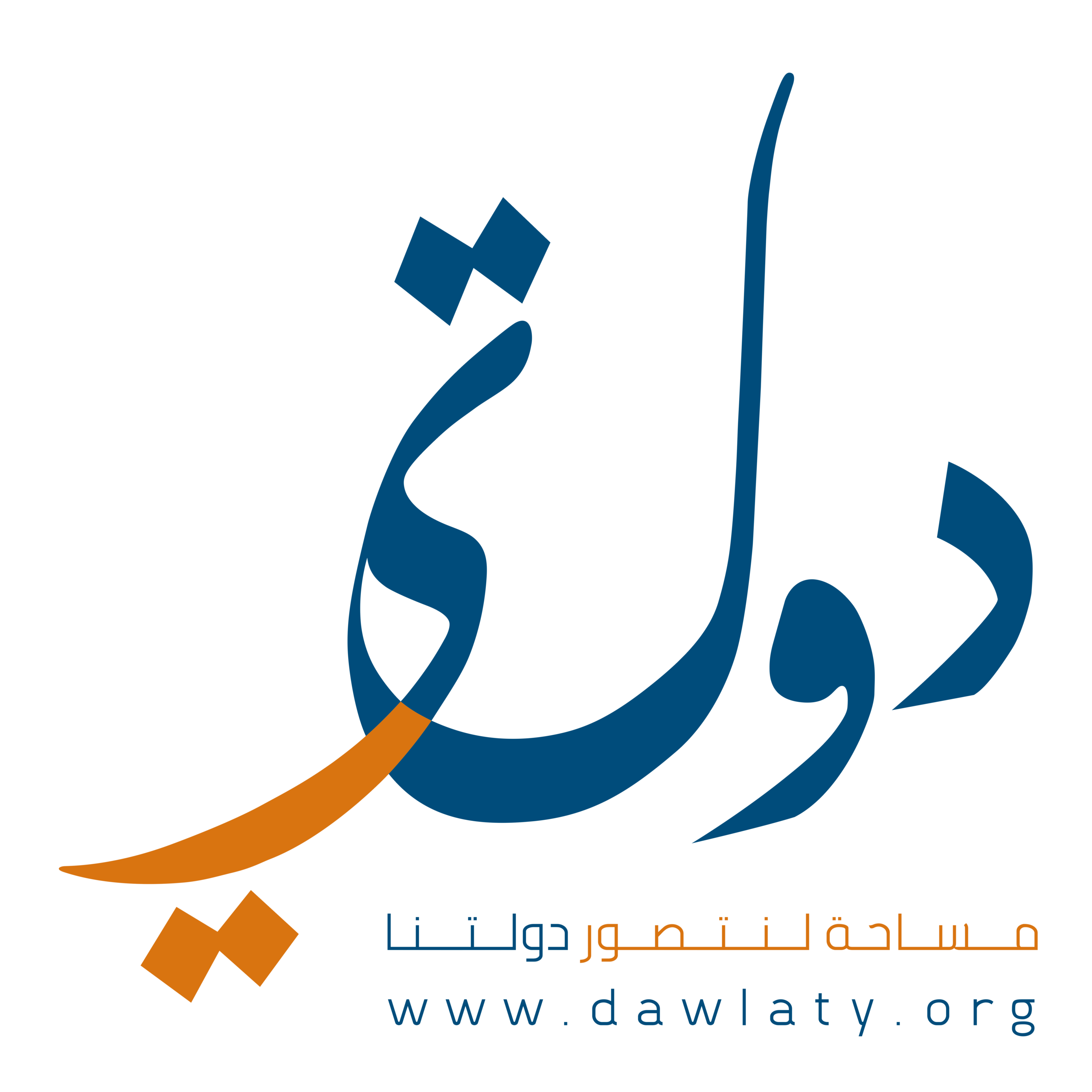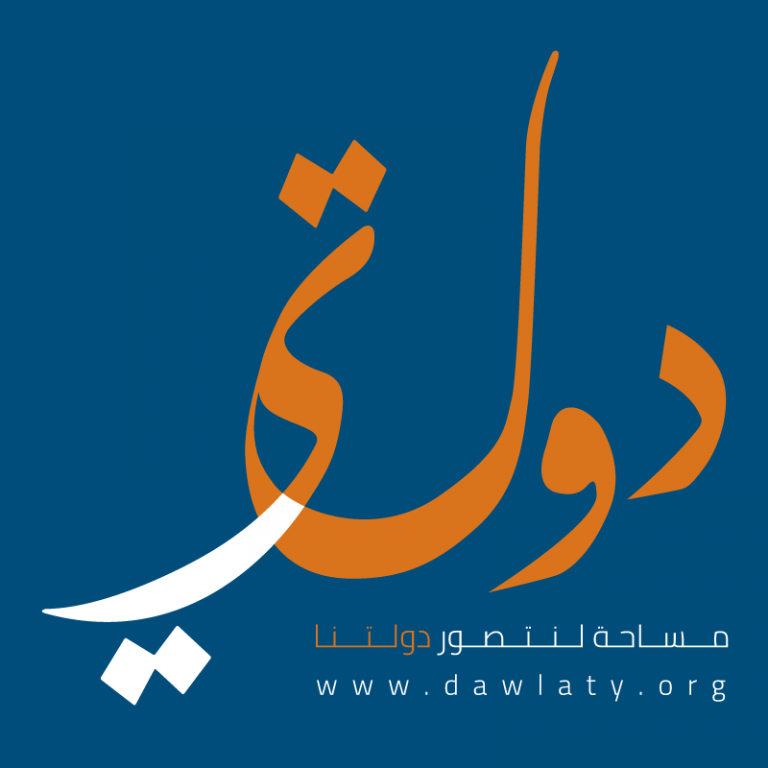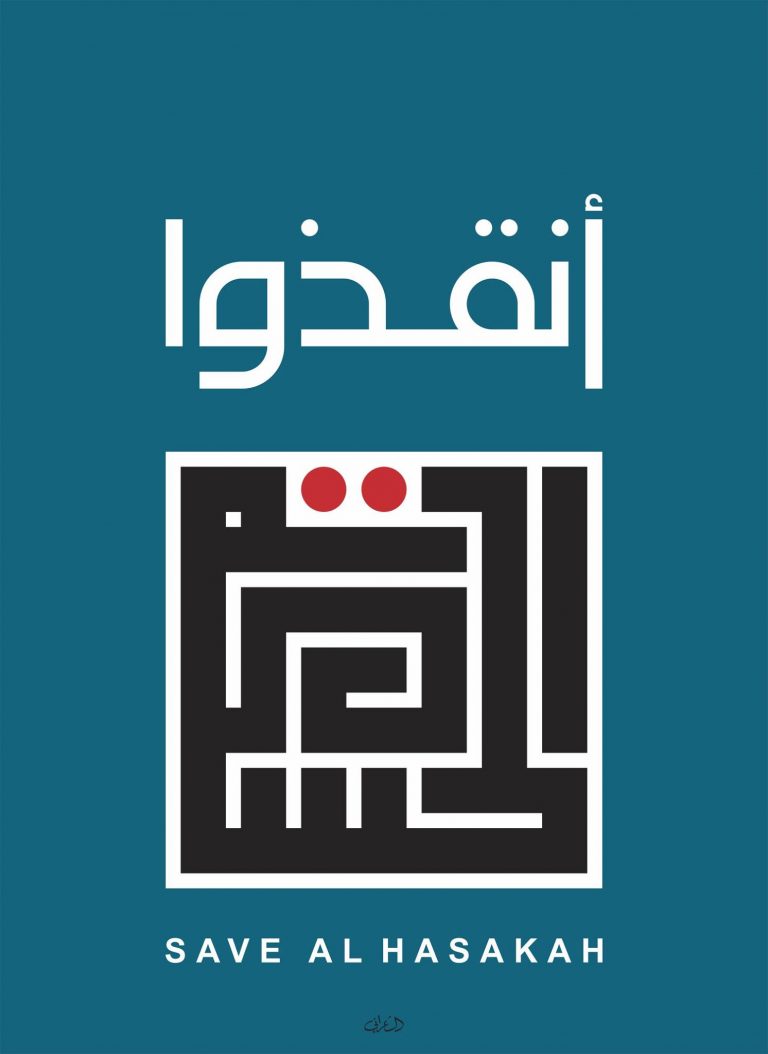by Salma Kahale
Abstract: In a context in which Syrians are divided by conflict lines and information wars with no clear pathway towards comprehensive justice and peace, oral history projects that are community based, gender sensitive, and victim centred can provide an avenue for justice and empowerment. In a conflict where women’s voices and those of other marginalised groups are ignored or silenced, oral history can re-centre these experiences and voices, and provide a new perspective on the conflict and avenues for a solution. The Syrian Oral History Archive program powered by Dawlaty encompasses the voices of ordinary Syrians—with a focus on women and youth—and acts to recount both individual and collective recollections of the 2011 Syrian Uprising and the Syrian conflict thereafter. From its inception in 2016, the Archive has sought to create a mechanism and process which empowered Syrian communities and marginalised groups to tell their stories, influence the dominant narrative about the conflict, and shape the agenda around justice.
Keywords: Syria, SOHA, gender-sensitivity, marginalised group(s), conflict, transitional justice, oral history.
Article posted to Journal of the British Academy, volume 9, supplementary issue 3 (Memories from the Margins: Violence, Conflict and Counter-Narratives).
Read the article Here
Date: 22 Jun 2021
Publisher : Journal of the British Academy
Digital Object :Identifierhttps://doi.org/10.5871/jba/009s3.051
Number of pages : 21 (pp. 51-71)




